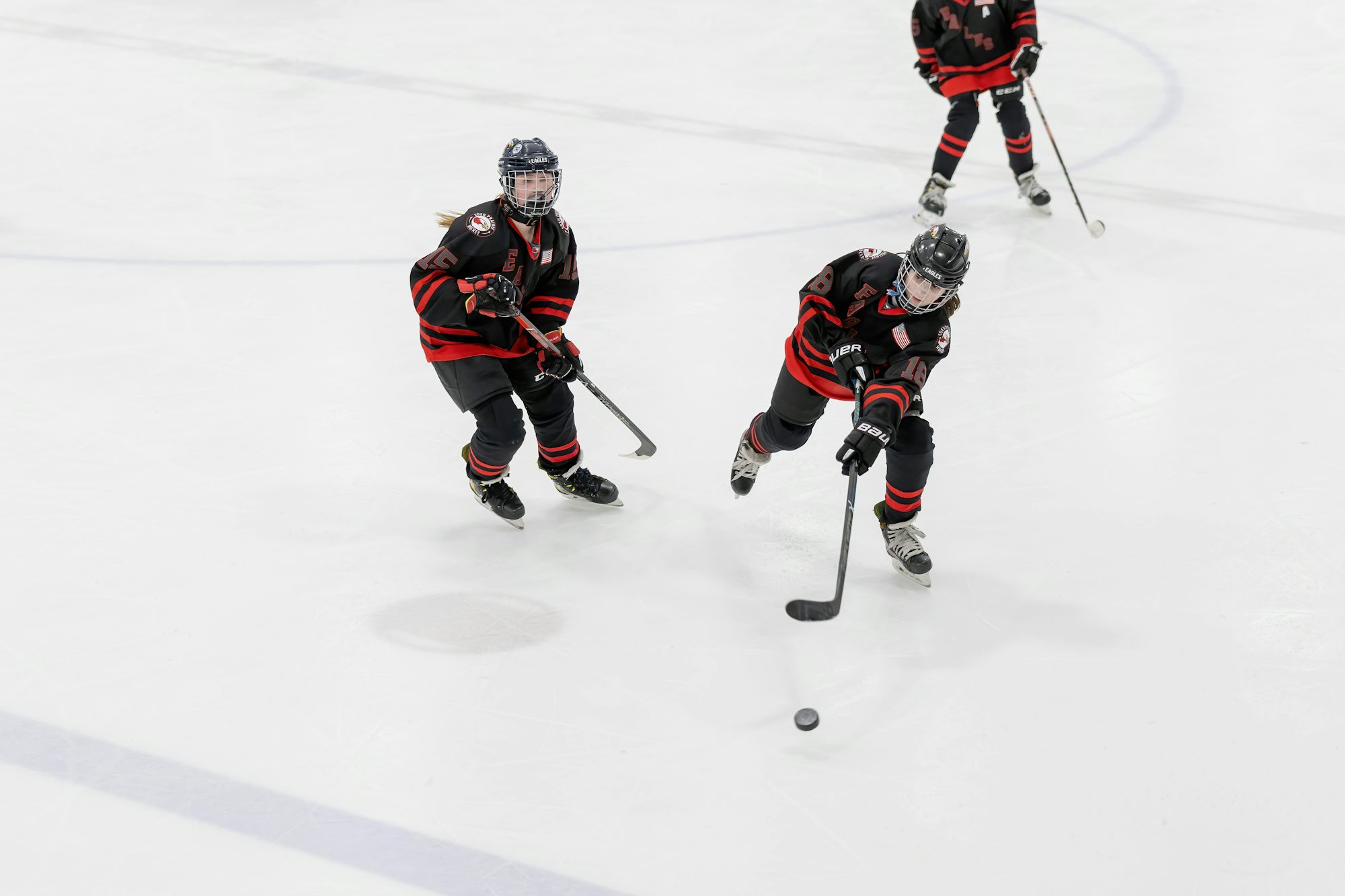
The Impact of Youth Development Programs on Hockey
This article explores the significance of football youth development fifa programs in hockey, emphasizing their role in nurturing talent, fostering teamwork, and promoting lifelong participation in the sport. The Role of Youth Development Programs
At the core of youth hockey development are programs that offer age-appropriate training and competition. These initiatives are often organized by local clubs, schools, and associations, providing a structured environment where young players can learn the fundamentals of the game. Such programs emphasize skill development, including skating, passing, shooting, and positional play, all of which are essential for success in hockey.
Moreover, youth development programs are designed to be inclusive, welcoming players of all skill levels. This inclusivity is vital for broadening the reach of hockey, ensuring that children from diverse backgrounds can participate and discover the joys of the sport. By creating a supportive atmosphere, these programs help to instill a sense of belonging and community among young players.
Nurturing Talent and Skill Development
One of the primary objectives of youth development programs is to identify and nurture talent. Coaches play a pivotal role in this process, providing guidance and instruction that help young athletes improve their skills. Through targeted training sessions, players are exposed to various techniques and strategies, allowing them to refine their abilities over time.
Skill development is complemented by a focus on physical fitness, as hockey requires a combination of strength, endurance, and agility. Many youth programs incorporate conditioning exercises and strength training into their curricula, ensuring that players develop the physical attributes necessary for success on the ice or field. This holistic approach not only enhances performance but also promotes overall well-being, setting a foundation for a healthy lifestyle.
Fostering Teamwork and Social Skills
Hockey is inherently a team sport, and youth development programs emphasize the importance of teamwork and collaboration. Players learn to work together, communicate effectively, and support one another both on and off the ice. These experiences foster essential social skills that extend beyond the rink, equipping young athletes with valuable life lessons.
Participating in a team environment teaches players how to navigate challenges, handle victories and defeats, and build lasting friendships. These social interactions create a sense of camaraderie that can lead to lifelong connections, enriching the overall experience of playing hockey. Furthermore, the lessons learned in youth hockey regarding respect, discipline, and sportsmanship contribute to personal growth and character development.
Competitive Opportunities and Pathways
Youth development programs often provide a range of competitive opportunities, allowing players to test their skills against peers. Local leagues, tournaments, and showcase events are integral components of these programs, giving young athletes the chance to gain valuable game experience and develop their competitive edge.
For some talented players, youth hockey serves as a stepping stone to higher levels of competition, including junior leagues and college hockey. By offering exposure to scouts and coaches, youth programs can play a pivotal role in helping players advance their careers. This pathway is particularly important for athletes aspiring to compete at elite levels, as it provides them with the resources and support needed to succeed.
The Influence of Coaches and Mentorship
Coaches are instrumental in shaping the experiences of young hockey players. Effective coaching goes beyond technical instruction; it involves mentorship, encouragement, and support. Youth coaches often serve as role models, guiding players not only in their development as athletes but also as individuals.
The impact of a positive coach-athlete relationship can be profound. Coaches who foster a supportive and motivating environment create a space where players feel confident to take risks and push their limits. This mentorship approach cultivates resilience and determination, essential traits for success in sports and life.
Promoting Lifelong Participation
One of the most significant benefits of youth development programs is their ability to promote lifelong participation in hockey. By creating a positive and enjoyable experience for young players, these programs instill a love for the game that can last a lifetime. Many players who start in youth programs continue to play recreationally or competitively well into adulthood, contributing to the overall growth of the sport.
Additionally, the emphasis on inclusivity within these programs encourages players of all ages to remain engaged with hockey. Opportunities for adult leagues, pickup games, and community events help maintain interest in the sport, ensuring that hockey continues to be a vital part of players' lives. This cycle of participation not only benefits individuals but also strengthens the hockey community as a whole.
The Future of Youth Development in Hockey
As the landscape of youth sports continues to evolve, youth hockey development programs must adapt to meet the changing needs of players. Embracing technology, integrating data analytics, and focusing on mental health and well-being are becoming increasingly important in modern youth programs.
Innovations such as video analysis and performance tracking can enhance skill development, allowing players and coaches to gain insights into individual progress. Moreover, addressing the mental aspects of sports, including confidence-building and coping strategies, is essential for fostering a positive environment where young athletes can thrive.
Conclusion
Youth development programs are the backbone of hockey, playing a critical role in nurturing talent, fostering teamwork, and promoting lifelong participation in the sport. By providing structured training, competitive opportunities, and positive mentorship, these programs ensure that young players develop not only as athletes but also as individuals. The impact of youth hockey extends far beyond the rink, shaping character, building communities, and instilling a lifelong love for the game. As the sport continues to evolve, it is essential to support and invest in these programs, ensuring a bright future for hockey and its players.